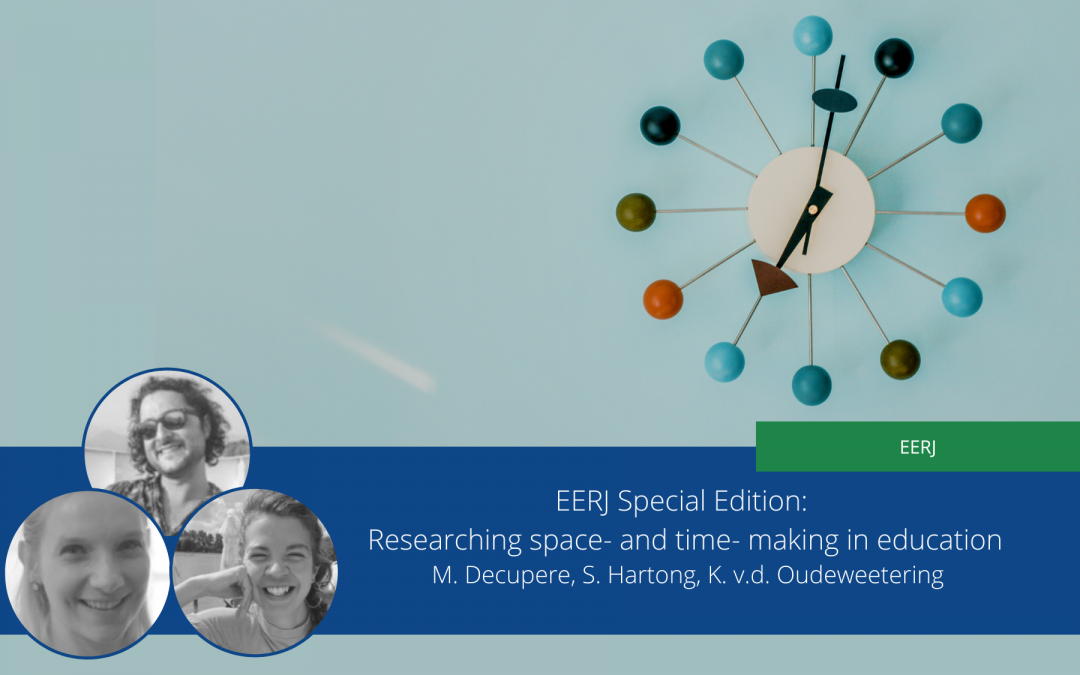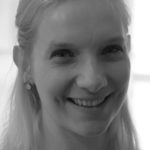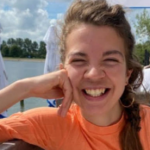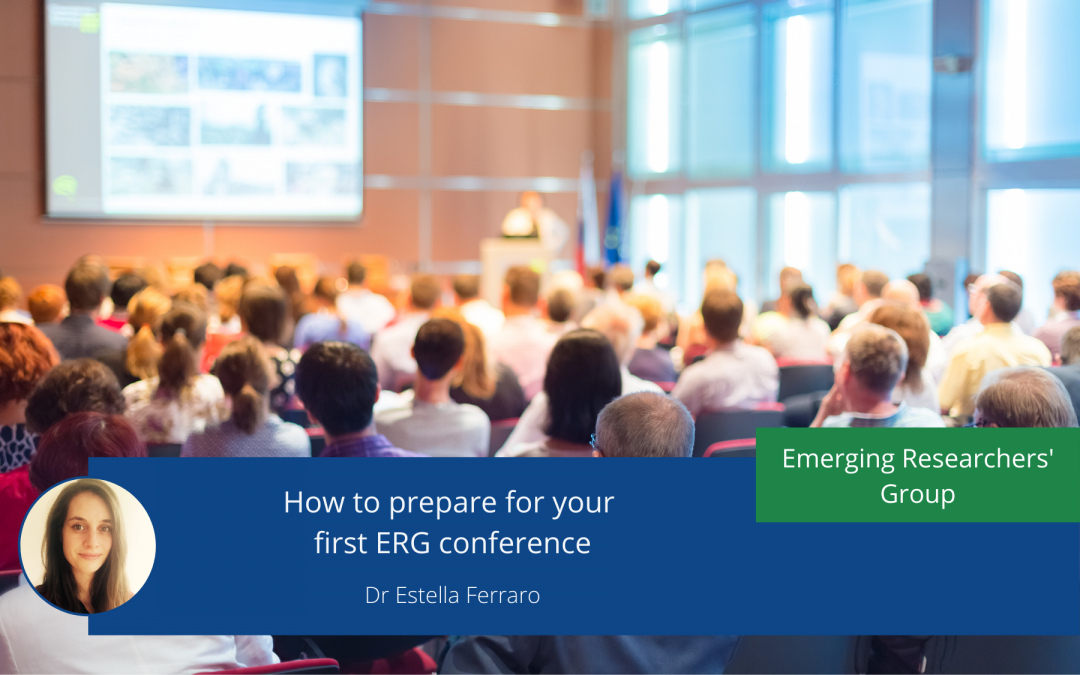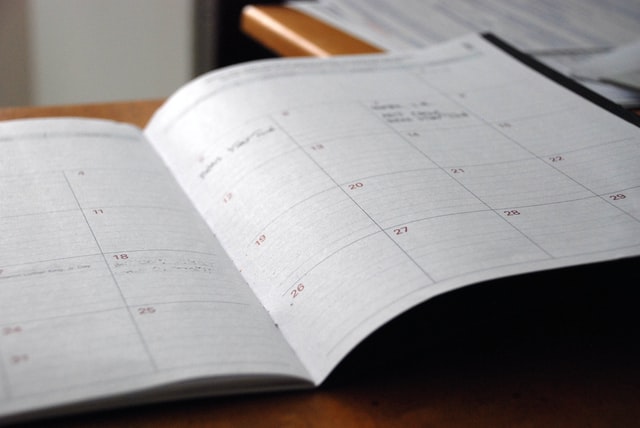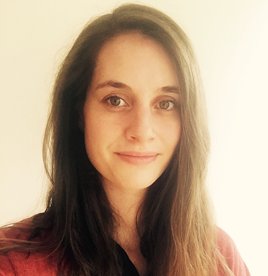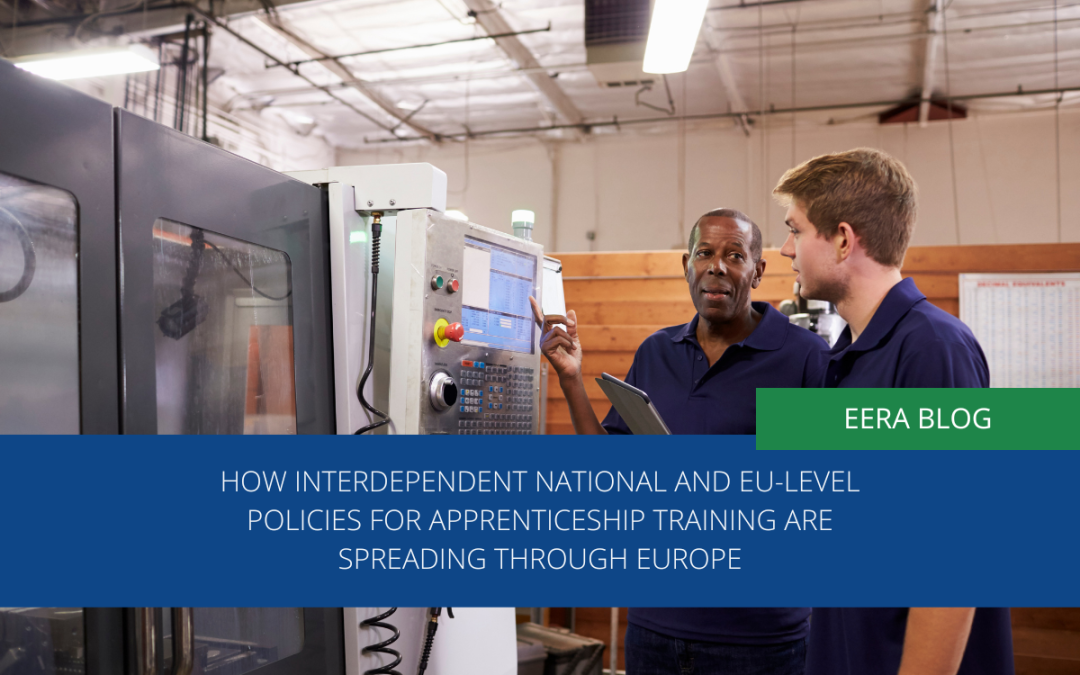
How interdependent national and EU-level policies for apprenticeship training are spreading through Europe
Education policy was being approached at a European level as early as the treaty of Rome in 1957, and its importance has been reaffirmed, again and again, through various monumental summits (e.g. Council of Lisbon), programmes (such as Erasmus), and processes (e.g. Bologna Process) ever since. The curious thing about education policy at a European level is that education is traditionally a mainly national policy field (Leibfried et al., 2007). Understanding how and by whom EU education policy is shaped, and how, in turn, it shapes and influences policy within the different member states, is a puzzle still to be deeper explored – and the puzzle is growing evermore relevant. Recently, the European-level policy suite for education has expanded even further. In vocational education and training (VET), a field typically bound to national borders, the European Alliance for Apprenticeships (EAfA) was launched in 2013.
EAfA brings together governments and key stakeholders in an effort to enhance the quality, availability, and perception of apprenticeships throughout Europe. In doing so, it promotes apprenticeship training that is collectively governed by multiple public and private actors (Graf and Marques, 2023). The extent of cooperation between these actors, the distribution of power amongst them, and the structures that bind them together can vary between different national contexts. However, more generally, in this collective approach, apprenticeship training is coordinated through regular, decentralised collective action and deliberation by the social partners (firms and unions) and the state, at national, regional, and local policy levels.
The EAfA, with its collective approach, was followed only one year later by the founding of the German Alliance for Initial and Further Training, a structure often referred to as a national equivalent to the European Alliance (European Commission, 2017). Both alliances create new platforms for VET stakeholders at local and national levels to jointly develop innovative training policies, foster apprenticeships, and exchange knowledge of ‘best practices’. Following the renewals of these programmes in 2020 and 2019, respectively, we have studied them in juxtaposition and found that the two alliances are interdependent, being shaped by each other through their evolution, and shaping other EU states’ policies in the process (Rohde-Liebenau and Graf, 2023).
Parallel and interdependent development of the European and German alliances for apprenticeships

Soft coordination in the EU regarding VET development is an arena for the exchange of experiences and insights rather than for the establishment of laws. This soft coordination can, for instance, be accomplished through experimentalist forms of governance. One of the mechanisms of such coordination is Working Groups of relevant stakeholders, which often pursue the tools of comparisons (Nóvoa, 2013; Tveit and Lundahl, 2018) and learning (Lange and Alexiadou, 2010) to foster policy development at both EU and national levels. This soft coordination, therefore, allows for mutual interchange of EU policy, with the European Commission having the greatest role as the driver of such coordination.
Since the German VET system has gained the reputation of being effective in securing a competent workforce, along with its support for a stable labour market, German policymakers are in the position to partly “upload” their successes to the broader EU system, which we observed in the case of the EAfA. To some extent, aspects of the German approach are adopted at the EU level, in the form of ‘best practices’ for developing a VET system. At the same time, the EAfA offers inspiration for the German Alliance for Apprenticeships, providing a synergetic European context (Rohde-Liebenau and Graf, 2023). In light of the continuing trend of such parallel and interdependent developments, and in the context of increasing EU involvement in educational policy, it is possible that these policy systems will, to some extent, arc towards convergence, supported by the mutual learning of both systems, such that each system in some way and to some extent becomes part of the other.
Collective skill formation in statist and liberal systems?

Such convergence can be seen beyond the almost parallel development of the Alliances in Germany and at the EU level. Furthermore, the EU as the driver of soft coordination across Europe, can also be seen as having an influence on other states. For example, both France and Ireland, despite following traditionally different models for their skill formation systems (statist and liberal, respectively), have both shown indications of progressing towards a collectively governed skills training model which bears striking resemblance to the one envisioned and professed by the EAfA (Graf and Marques, 2023).
Certainly, a partly collectivised French system will look different than an Irish one, given the different starting points they have been built upon (this is the key concept of path dependency). Indeed, the traditional French statist apprenticeship system is based more heavily around the role of the state. Yet, since the onset of the EAfA, several measures have been undertaken to decentralise the VET system. In 2014, regional power was enlarged through a funding increase; in 2016 public institutions gained autonomy in determining contracts; and in 2018 the system had a major reform to simplify the system for users. In the Irish case, despite having built some collective organizing in 1987 and 1993 for the regulation and standardisation of apprenticeships and job training, the VET model is conventionally based around the importance of employers and free market dynamics (liberal). However, following a fulsome review in 2013, the system underwent major reforms, pointing towards the influence which the EAfA had on it. Thus, the reforms of both the French and German models largely follow the model laid out in the EAfA, especially considering newer institutions for collective cooperation.
Outlook: New directions for European skill formation?

Ultimately, there is a noticeable trend of mutual influence between the German and European cases of apprenticeship systems. In the context of the EU’s increasing involvement in educational policy, as well as the almost parallel introduction of the European and German alliances for apprenticeships within one year of each other, it is unsurprising to observe that they have a mutual influence on each other.
Looking forward, it can be expected that this parallel development will progress into further interdependence and possibly convergence. Using the cases of the French and Irish apprenticeship systems, we can reinforce this prediction with our finding of some indicators of convergence, as both countries are increasingly showing signs of European-level influence, despite having previously-existing structures which do not lend themselves to such an outcome.
Key Messages
- The European Alliance for Apprenticeships (EAfA), launched in 2013, brings together governments and key stakeholders to enhance apprenticeships throughout Europe.
- The EAfA with its collective governance approach was followed only one year later by the founding of the German Alliance for Initial and Further Training.
- Both alliances create new platforms for public and private VET stakeholders at local and national levels to jointly develop innovative training policies and exchange knowledge of ‘best practices’.
- Following recent renewals of these programmes, we find that the two alliances are partly interdependent, being shaped by each other through their evolution, and shaping other EU states’ policies in the process.
- For instance, both France and Ireland both show indications of progressing towards a collectively governed skills training model which bears resemblance to the one envisioned by the EAfA.
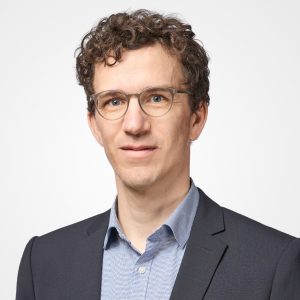
Prof. Dr. Lukas Graf
Swiss University for Vocational Education and Training, Switzerland
Lukas Graf is a Professor at the Swiss Federal University of Vocational Education and Training and Head of the Swiss Observatory for Vocational Education and Training. Previously, he was Assistant Professor of Educational Governance and Head of the Educational Governance Team at the Hertie School, Berlin. Lukas was a postdoctoral researcher at the University of St.Gallen, the University of Luxembourg, and the WZB Berlin Social Science Center. He gained his PhD from Freie Universität Berlin.
ORCID: https://orcid.org/0000-0002-1447-4165
ResearchGate: https://www.researchgate.net/profile/Lukas-Graf-2

Dr. Marcelo Marques
University of Luxembourg, Luxembourg
Marcelo Marques is a postdoctoral researcher at the University of Luxembourg. He holds degrees from the University of Lisbon (BA and MA), the University of Luxembourg (PhD), and the University of Essex (Bachelor of Laws). He was also a postdoctoral researcher at Hertie School in Berlin, Germany, and a visiting researcher at École Normale Supérieure de Lyon, France, and Brunel University, England. Marcelo works on transnational governance and Europeanisation processes.
ORCID: https://orcid.org/0000-0002-4833-1488
ResearchGate: https://www.researchgate.net/profile/Marcelo-Marques-14

Dr. Judith Rohde-Liebenau
Hertie School – The University of Governance in Berlin, Germany
Judith Rohde-Liebenau works as a public sector strategy consultant. She is a research fellow at the Jacques Delors Centre at the Hertie School – The University of Governance in Berlin. Her research interests include (transnational) education, identity and socialisation, European integration and policy learning, and qualitative methods. She completed her DPhil in Sociology at the University of Oxford and holds degrees in Political Science from UCL London, Humboldt University Berlin, Sciences Po Paris, and Free University Berlin.
Other blog posts on similar topics:
Further reading
Graf, L, Marques, M(2023) Towards a European model of collective skill formation? Analysing the European Alliance for Apprenticeships. Journal of Education Policy38(4): 665-685, https://doi.org/10.1080/02680939.2022.2097317
Rohde-Liebenau, J, Graf, L (2023) Two instruments, one melody: The parallel evolvement of European and German alliances for apprenticeships. European Educational Research Journal, Online first access: https://doi.org/10.1177/14749041221148282
References
European Commission (2017b) European Alliance for Apprenticeships – Assessment of Progress and Planning the Future. Brussels: DG Employment, Social Affairs and Inclusion. https://ec.europa.eu/social/main.jsp?catId=1147&langId=en
Graf, L, Marques, M (2023) Towards a European model of collective skill formation? Analysing the European Alliance for Apprenticeships. Journal of Education Policy38(4): 665-685, https://doi.org/10.1080/02680939.2022.2097317
Lange B, Alexiadou N (2007) New forms of European Union governance in the education sector? A preliminary analysis of the Open Method of Coordination. European Educational Research Journal 6(4): 321–335. https://journals.sagepub.com/doi/10.2304/eerj.2007.6.4.321
Leibried, S, Rusconi A., Leuze K. (2007) New Arenas of Education Governance. London: Palgrave Macmillan.
Nóvoa A (2013) Numbers do not replace thinking. European Educational Research Journal 12(1): 139–148. https://journals.sagepub.com/doi/abs/10.2304/eerj.2013.12.1.139
Rohde-Liebenau, J, Graf, L (2023) Two instruments, one melody: The parallel evolvement of European and German alliances for apprenticeships. European Educational Research Journal, Online first access: https://doi.org/10.1177/14749041221148282
Tveit S, Lundahl C (2018) New modes of policy legitimation in education: (Mis)using comparative data to effectuate assessment reform. European Educational Research Journal 17(5): 631–655. https://journals.sagepub.com/doi/10.1177/1474904117728846

